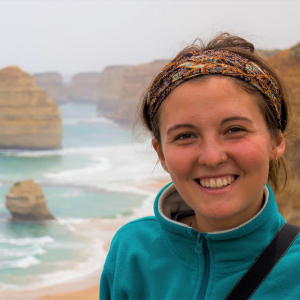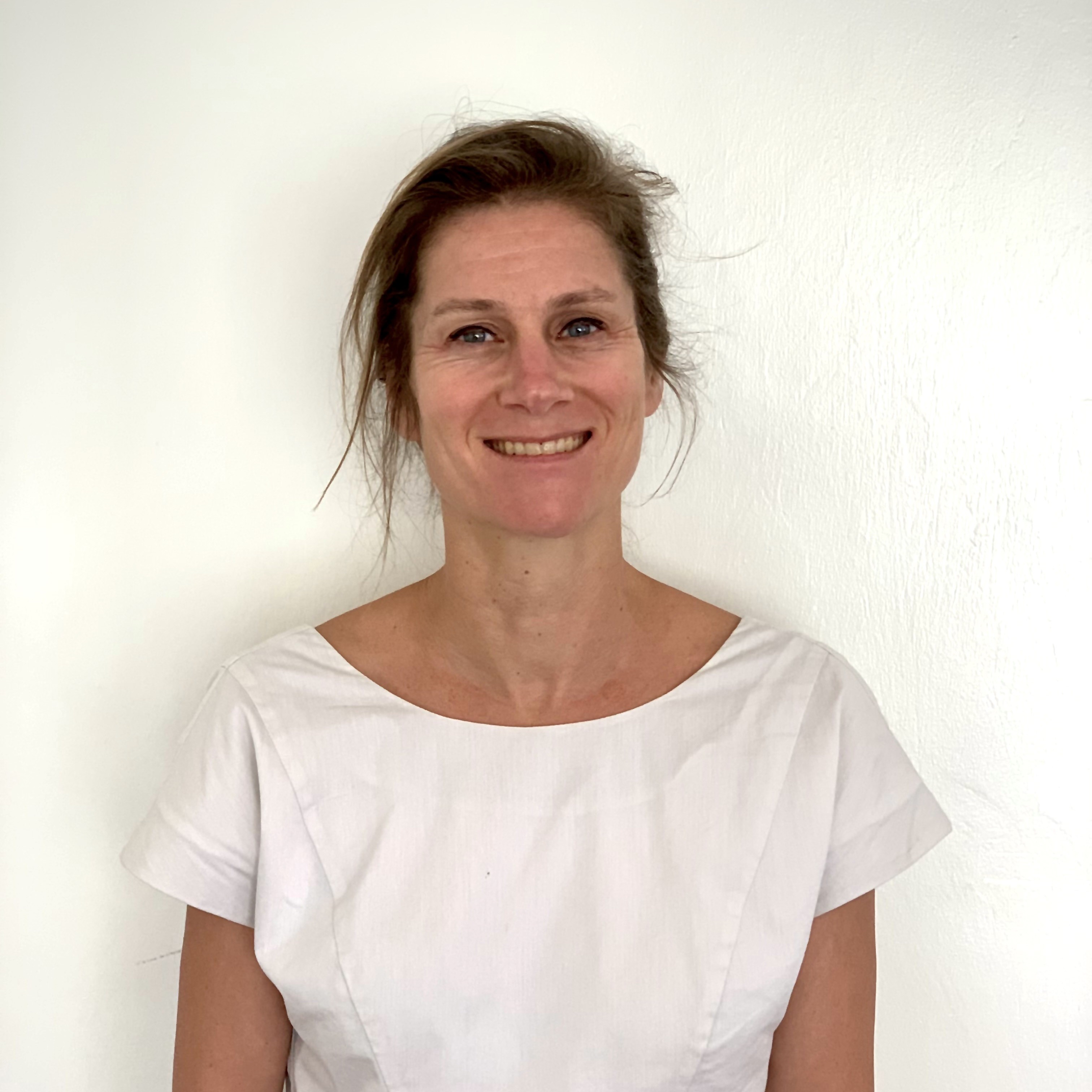Julot Westermeijer

My name is Julot and I am currently studying Environment & Resource Management, with a specialization in global food systems. During my bachelor's degree in Communication Science, I spent a semester in Canada following several courses on Women's and Gender studies. I learned about gender in the general discourse, organizations and public policy. After my bachelor's degree, I spent about 7 months travelling, mainly in Southeast Asia and Australia. After my current studies, I hope to do an internship in Kenya and gain some more hands-on experience.
Olivia Ansenk

Hello, my name is Olivia Ansenk. I would like to explain about my background and motivation to address gender inequality and discrimination. During my Master’s degree in Development and Rural Innovations at Wageningen University I conducted research in Uganda on inclusive value chain development. During my research I lived with a subsistence farming family, which allowed me to learn about the community traditions and hardship of small farming life.
My first work experience was in Khayelitsha, a slum in Cape Town. There I noticed how certain behaviours that are sometimes prevalent in the household, such as domestic violence, female genital mutilation and sexual harassment, can result from deeply rooted patterns within the community that are very difficult to change. We used sport and play as means to educate youth on life skills, knowledge of HIV spreading and reproductive health measures to prevent unwanted pregnancy, AIDS and other sexually transmitted diseases. Another target group was women, whom we helped develop skills on bakery, sewing and gardening.
Through my current consultancy work at Q-Point I have had the privilege to work in very different settings, ranging from Saudi Arabia, Indonesia, Sri Lanka and Nepal to East Africa. Witnessing the different cultures and norms helped me immensely in my work on gender and diversity. I have experienced first-hand how the environment in which people grow up has a strong influence on the further course of their lives. Nevertheless, I have met various courageous persons who have dared to take a different path and challenge the status quo.
These different experiences over the years have shaped me and the work I am currently doing for Q-Point. I am working on projects in agriculture, food, education and entrepreneurship, all geared towards sustainable progress and development. In these projects I focus on equality, equity, diversity and targeted intervention to reach out to marginalized people. An example of the work I am doing presently is projects with Agricultural Colleges to expand the reach of training programmes to those who need it most, particularly rural women with little access to education and vocational training. Other examples are initiatives for youth and female entrepreneurship as part of incubation centers, and projects with agri-food firms on social responsibility and appropriate certification schemes.
I believe addressing gender inequality and discrimination is the right thing to do, as it is simply fair to give everyone equal chances. However, there is also a strong business case to be made for diversity and gender equality. My personal experience within farming households and organizations is that respect, appreciation and a sense of belonging all lead to efficiency and productivity gains. Many studies find the same. Diversity and gender equality turn out to be profitable goals to pursue.
